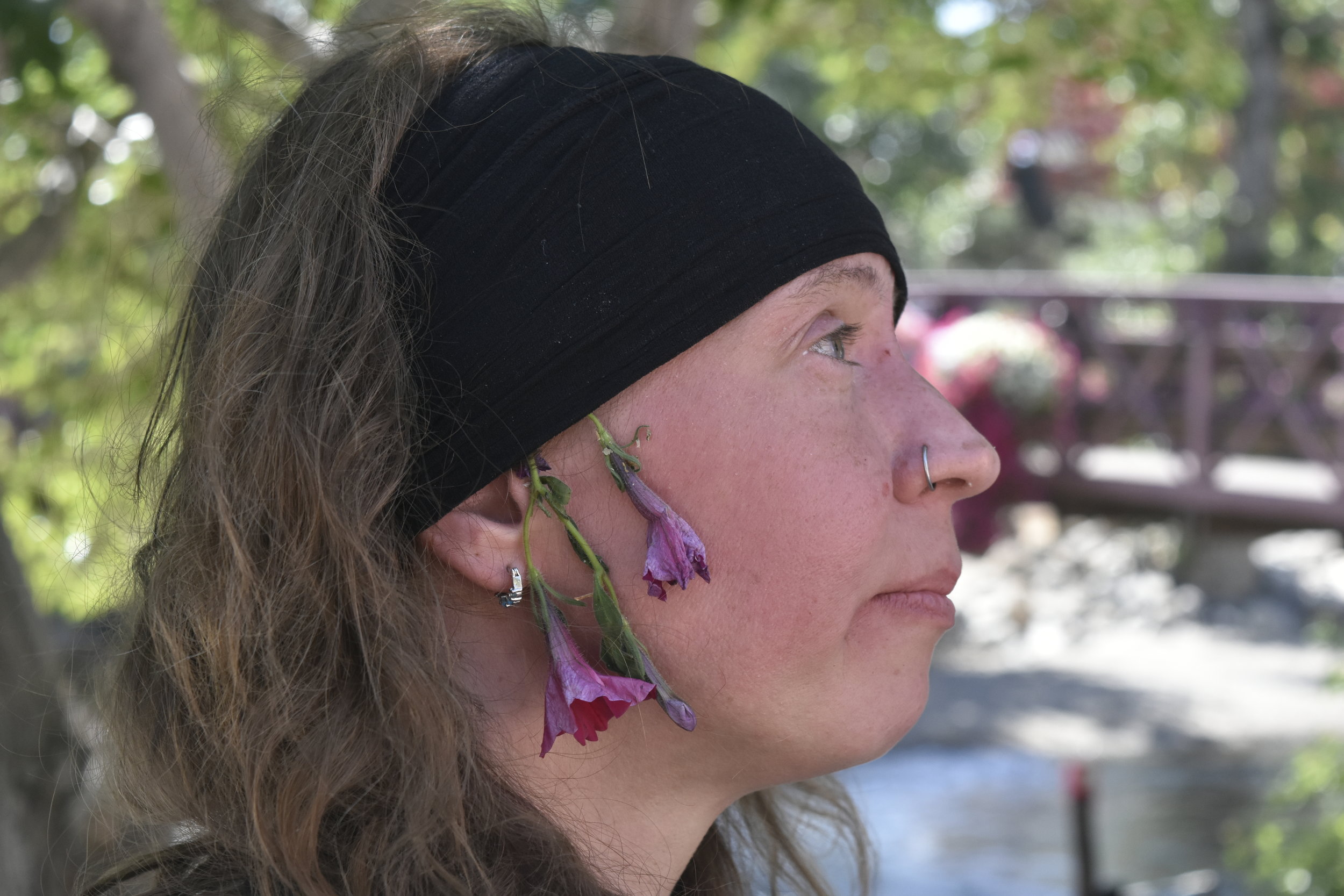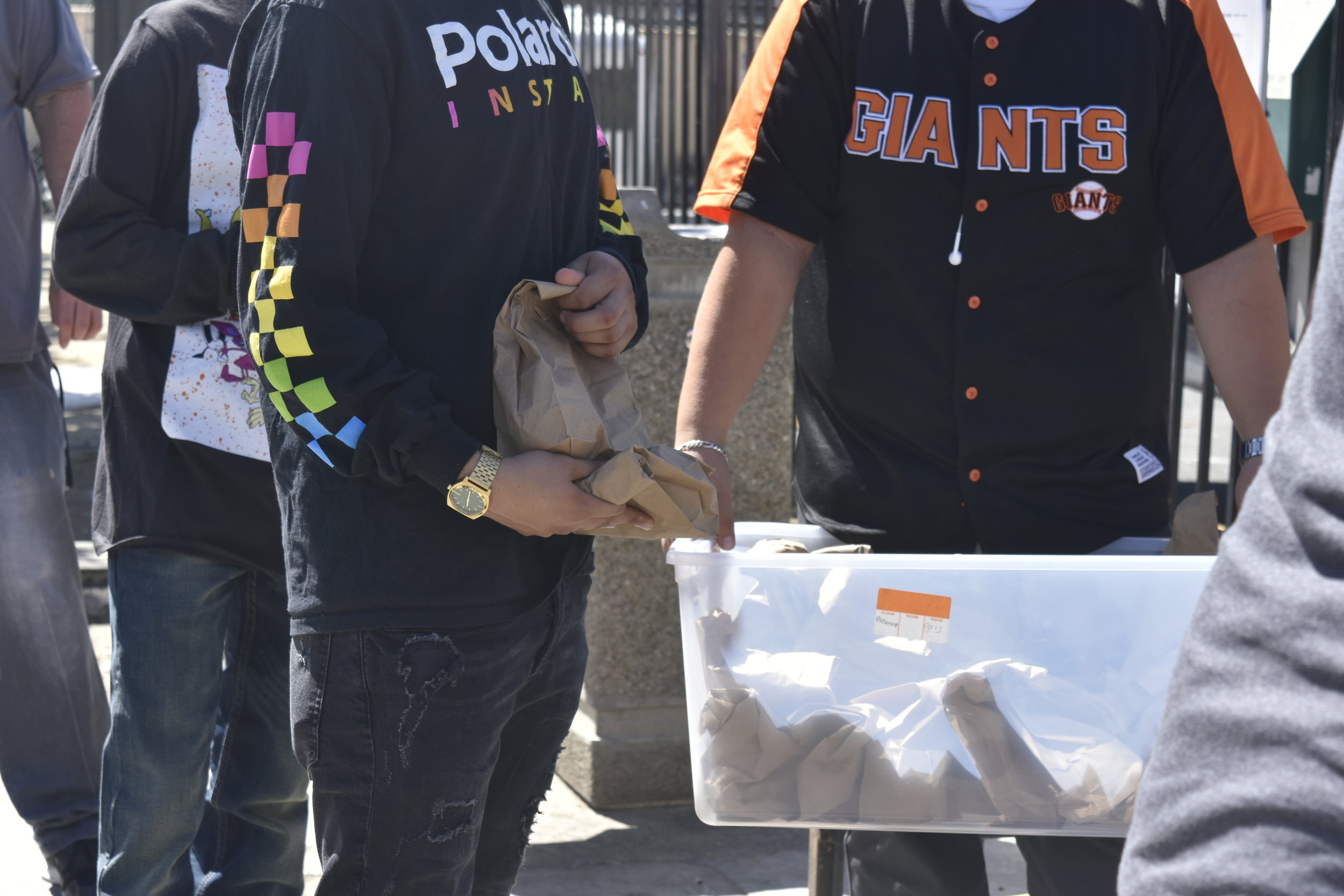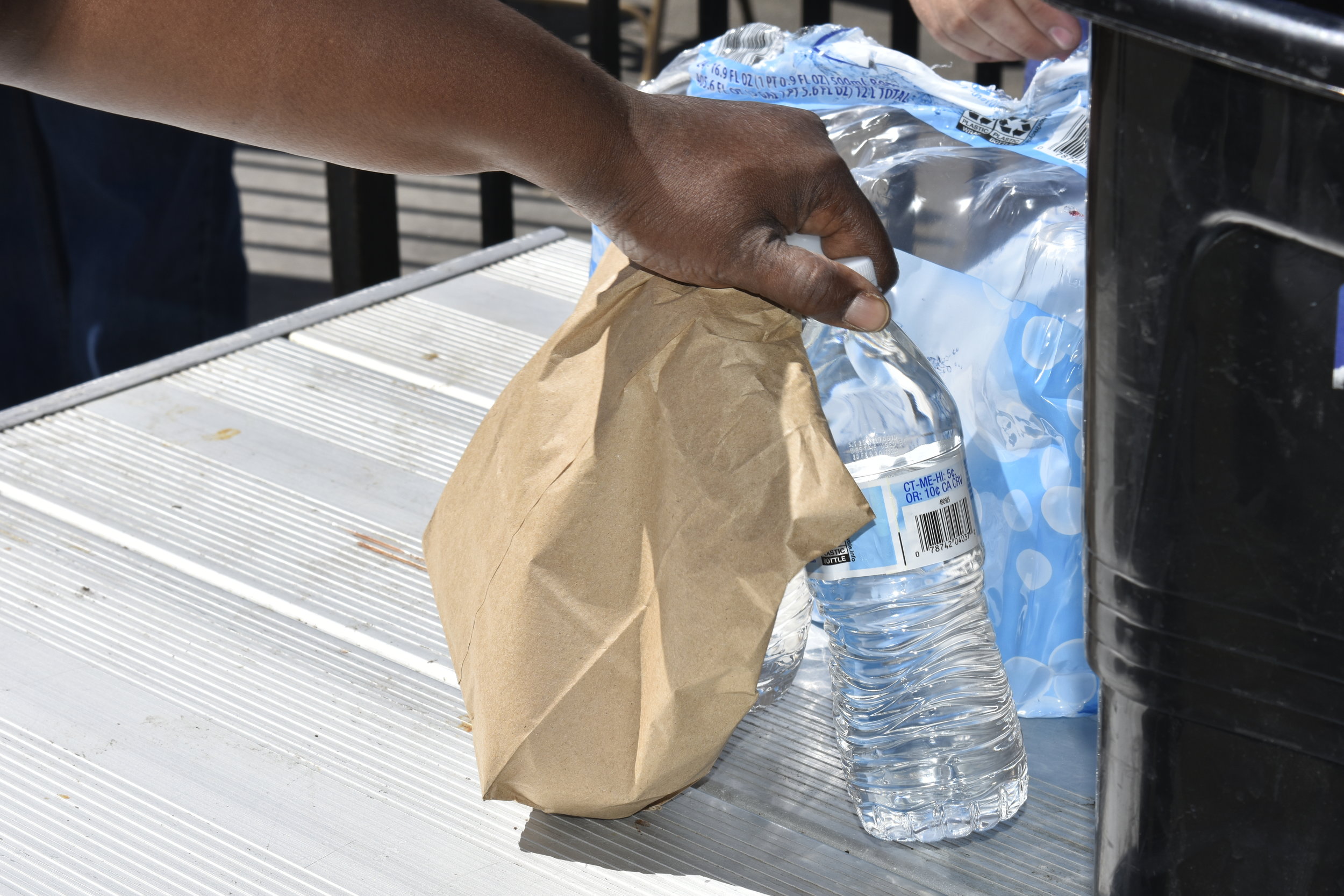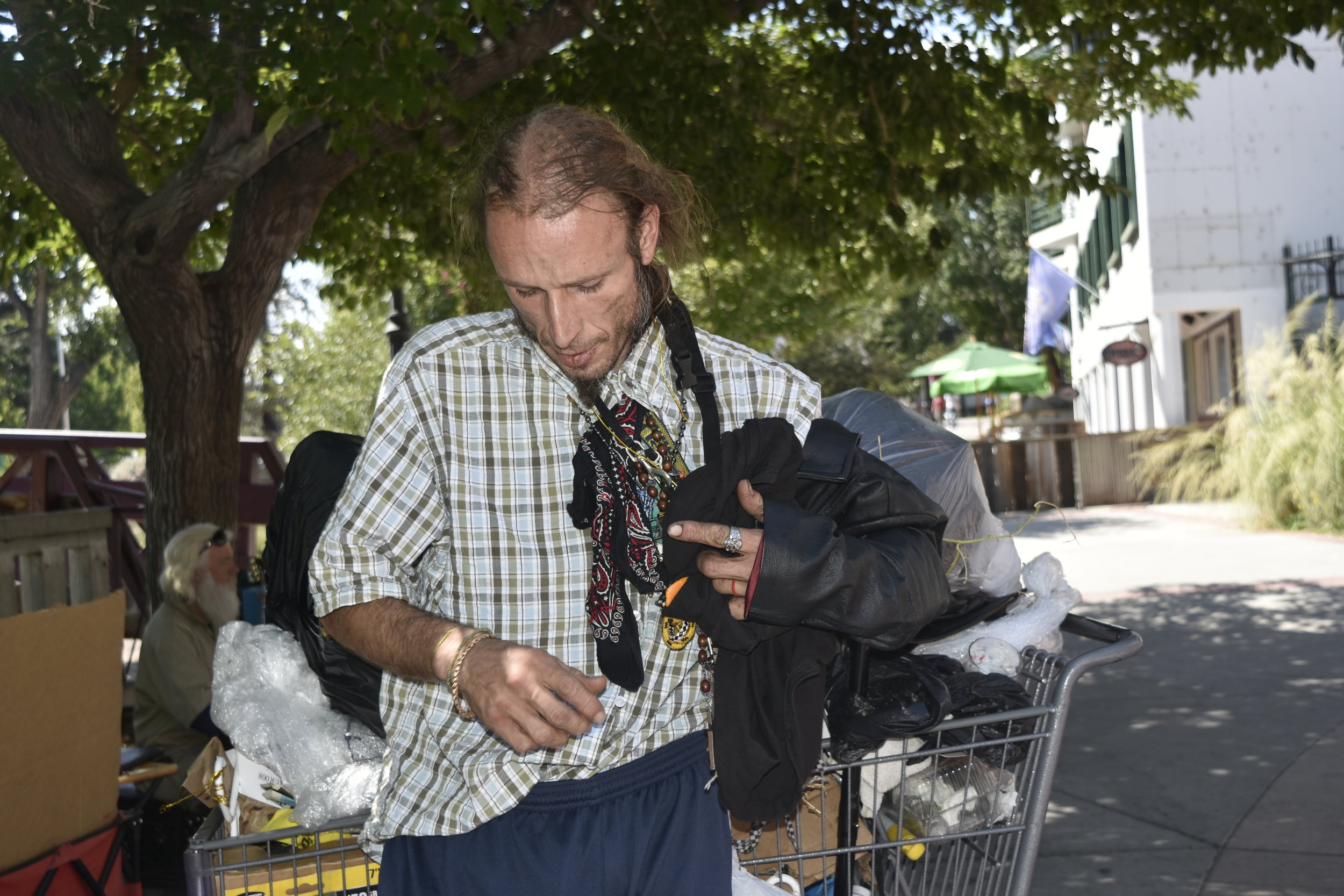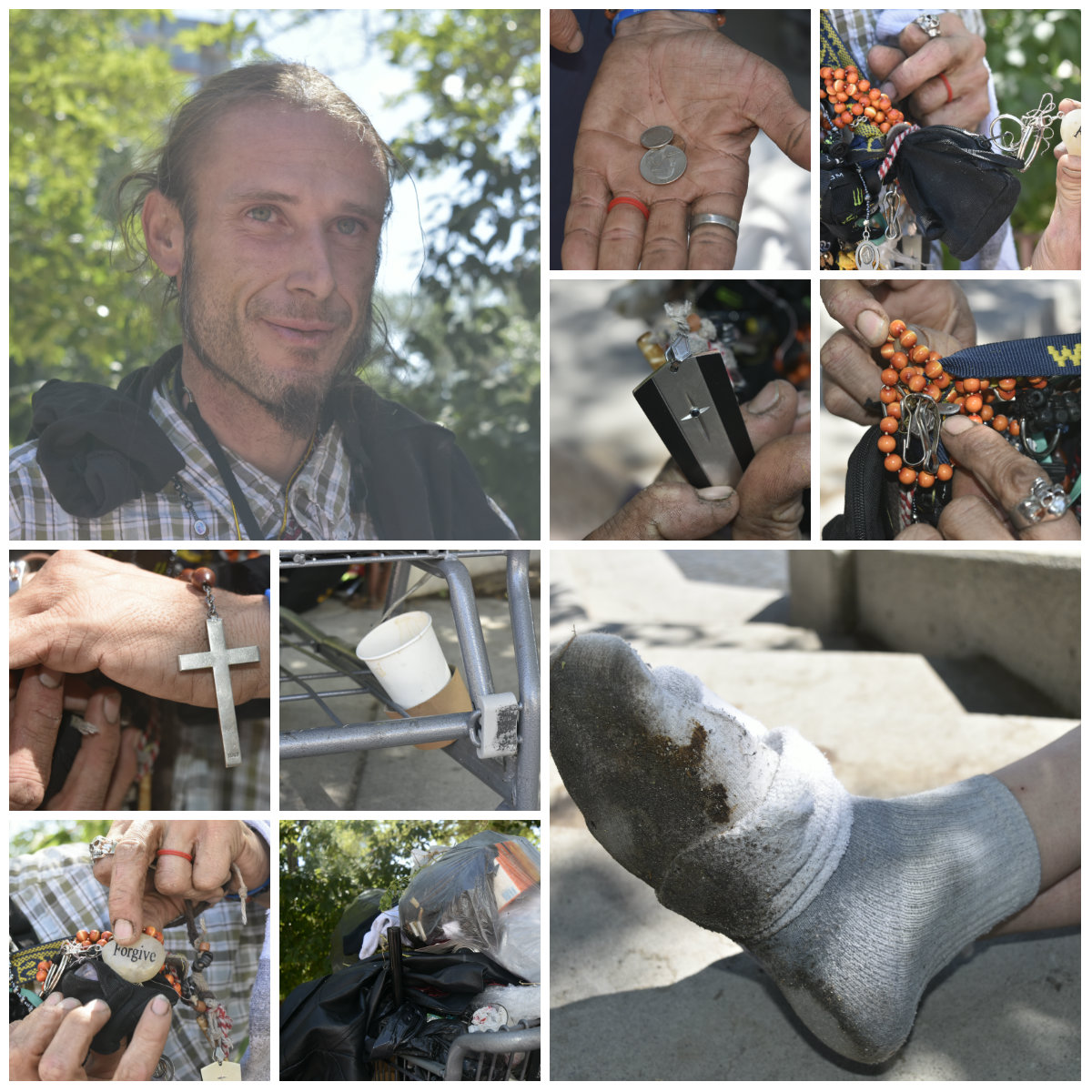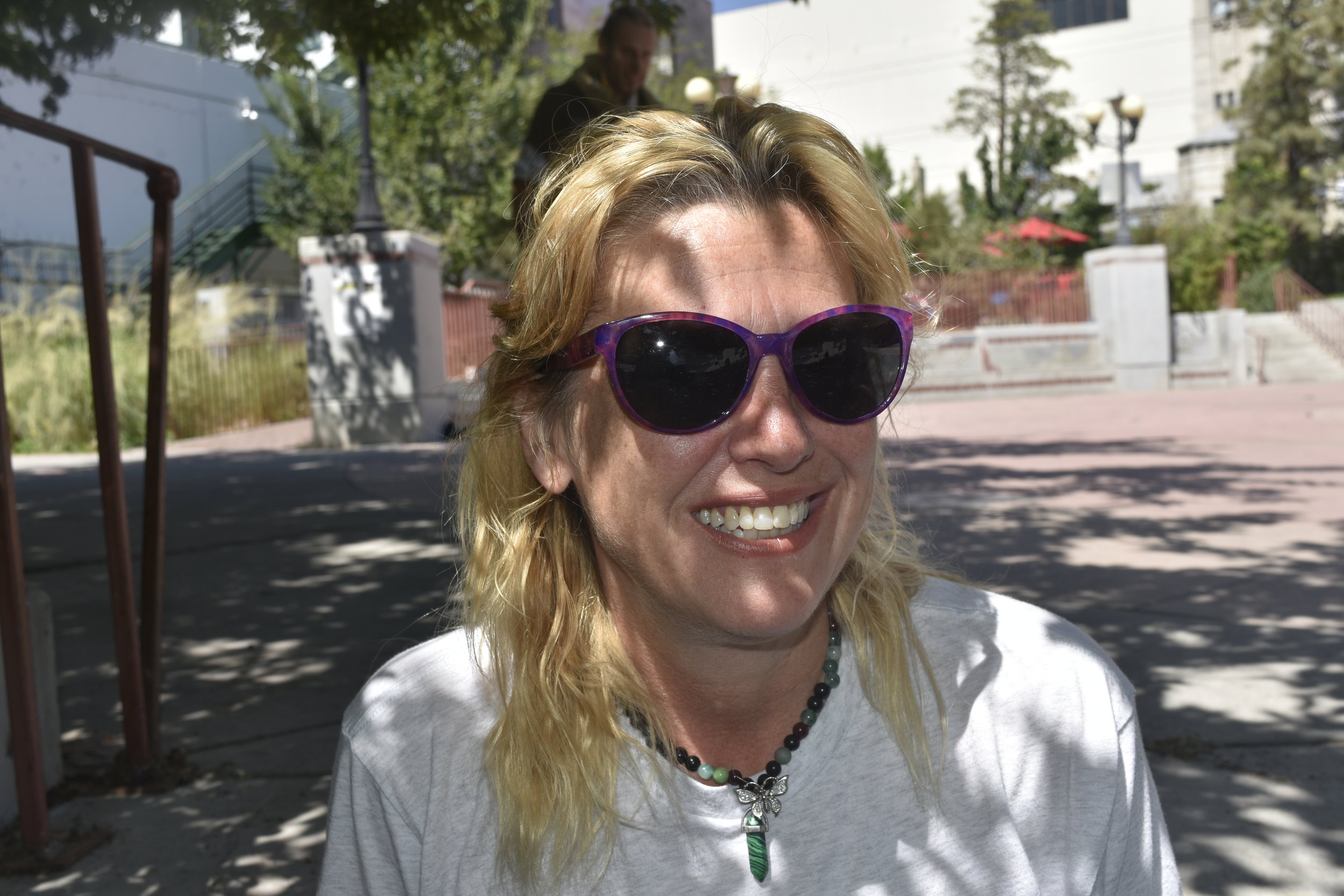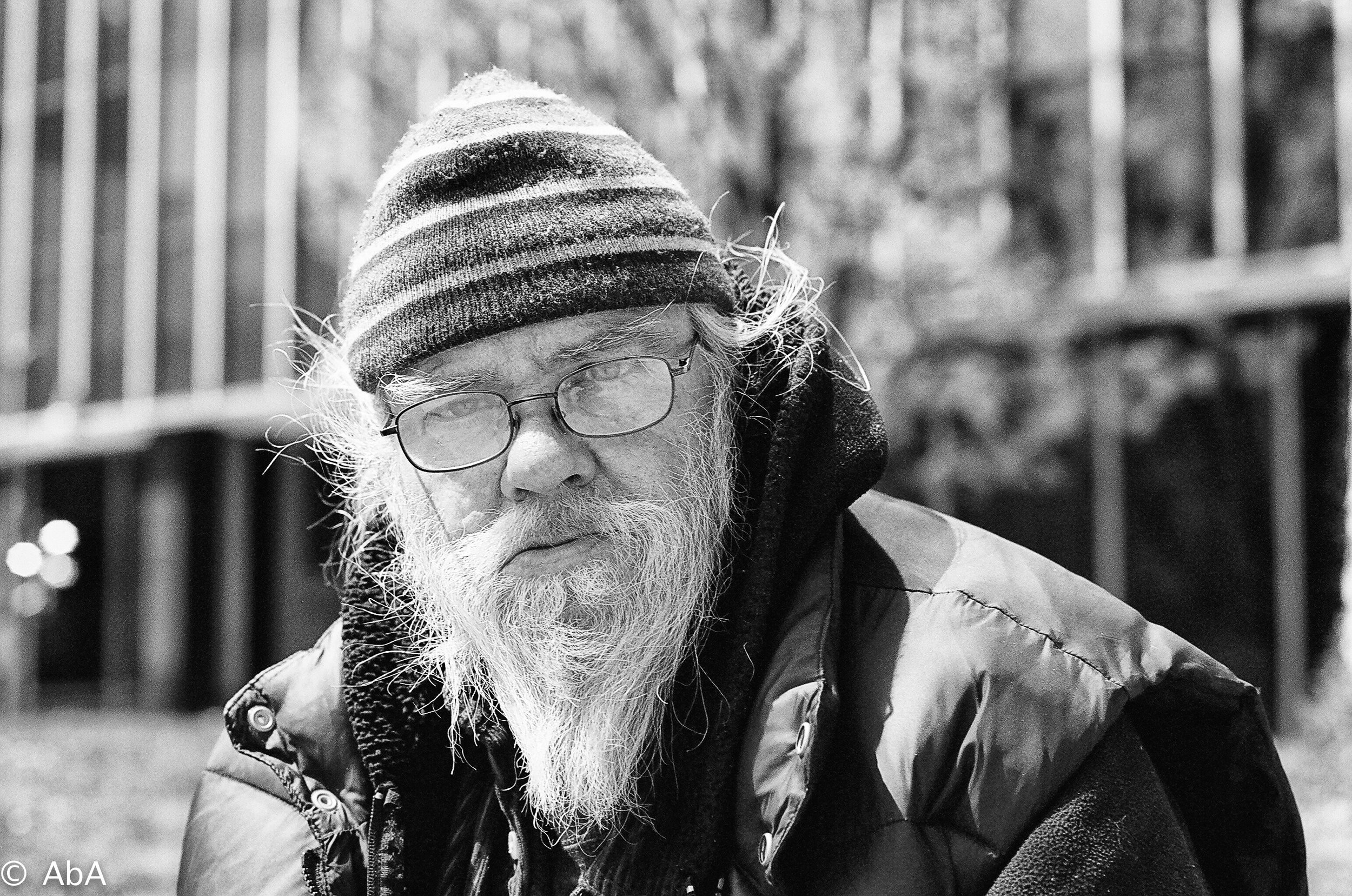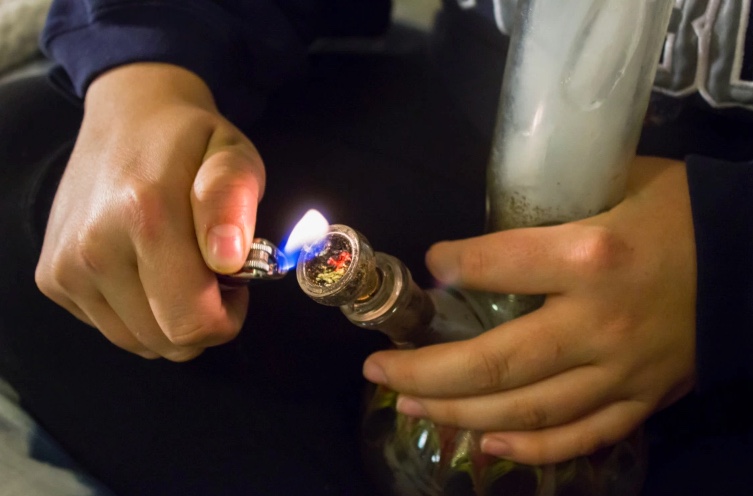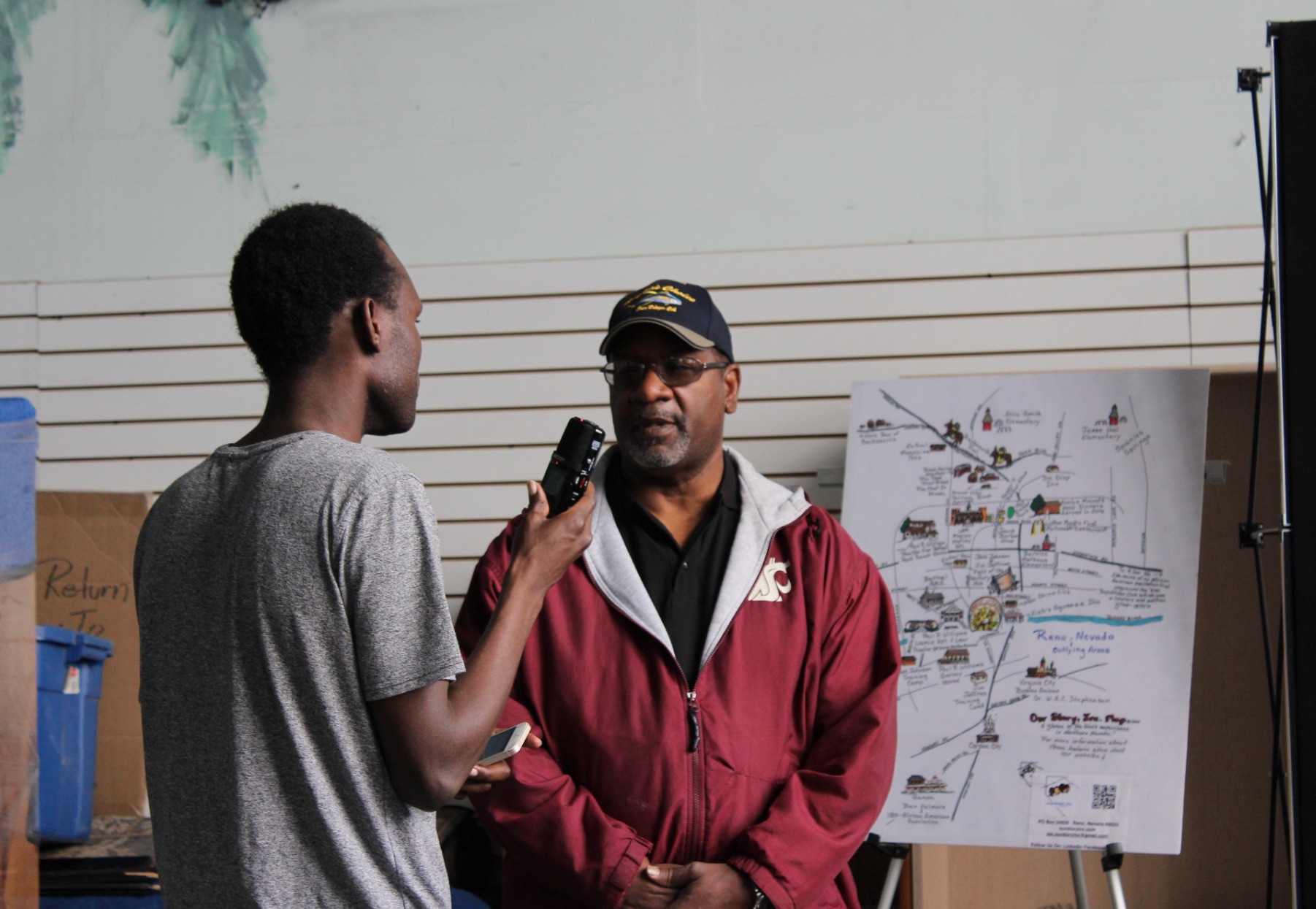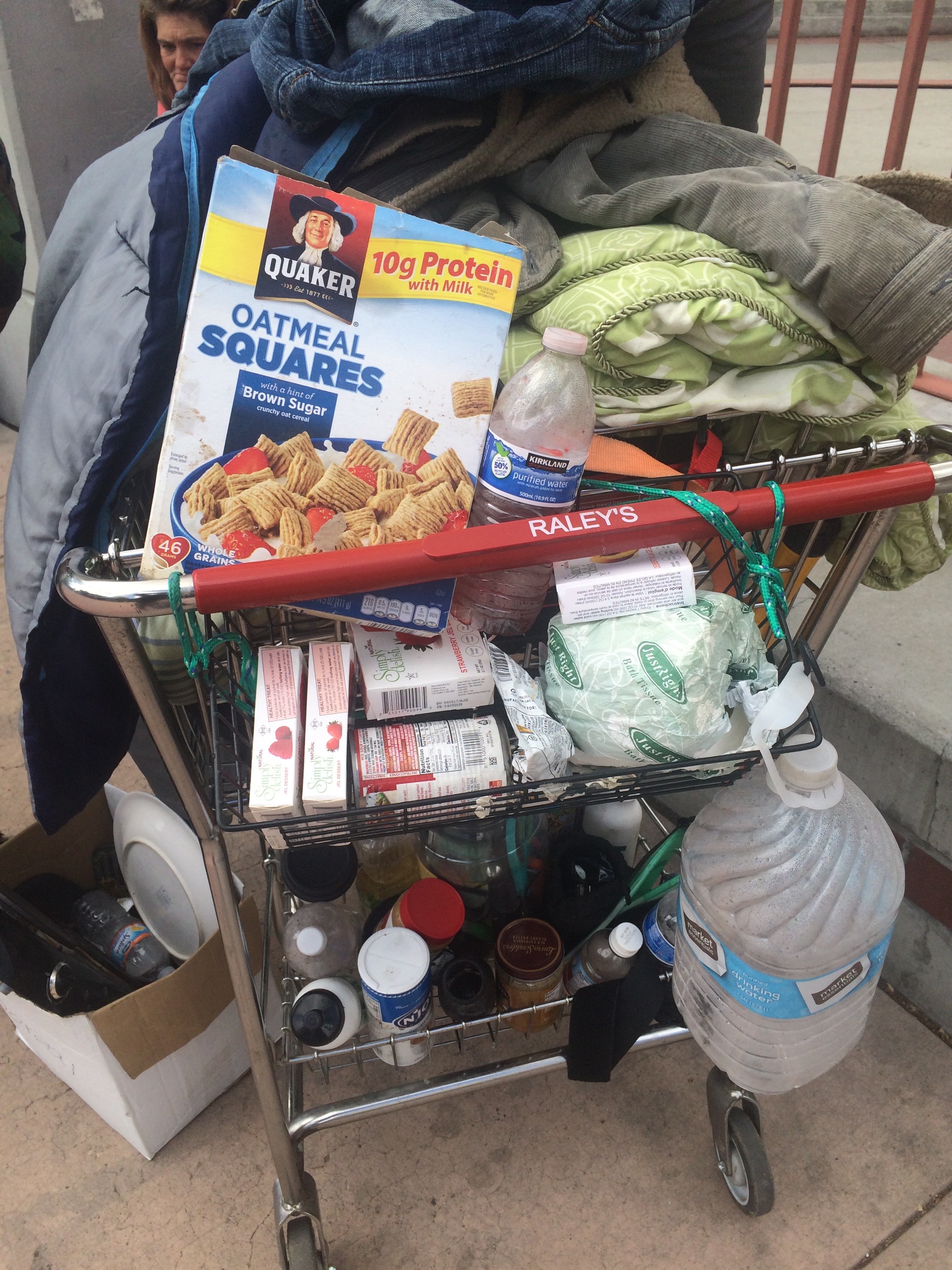Recovering from a Broken Back and Trying Rehab
Jonathan Brewer, says he comes from a long line of loggers in the state of Washington, including his grandfather and father and all his uncles. But after his injury, and self-medicating, his life veered away from logging.
“I've been labeled an addict and I've been through rehabs and jails, America's reprogramming or whatever you want to call it and I accepted it and went through it but … it's just another mind trick. They want you to …. enslave yourself too. I've been in jail for different things. I was a spoiled brat.”
“These people have given up, took losses, detrimental blows that were hard to mentally recover from,” he says of others living without housing. “There's vultures, you know, there's creditors out here. They prey off the weak. Even I, even I prey offr the weak. we all do….” Photo by Jordan Blevins with reporting by Prince Nesta for Our Town Reno.
A Family Man with a Broken Car
He says he has five daughters and the hardest is when he can’t find food for his youngest who he says is seven.
“When your seven-year-old daughter asks you what you're gonna have for dinner and you can't answer her and she's hungry,” he said his is toughest challenge. “Asking a stranger for some food or change because your baby's hungry. … and you ain't got shit to feed them….”
He says he found the car he’s currently working on. He said he wants to fix it and get out of Reno. “I found the car on the side of the road. It was abandoned… about to be towed by the city,” he said.
“I've had several cars and I had to do my own maintenance. I didn't have time or money to pay mechanics so I had to figure it out on my own,” he said of trying to fix this car so he can leave Reno. Photo by Jordan Blevins with reporting by Prince Nesta for Our Town Reno.


















